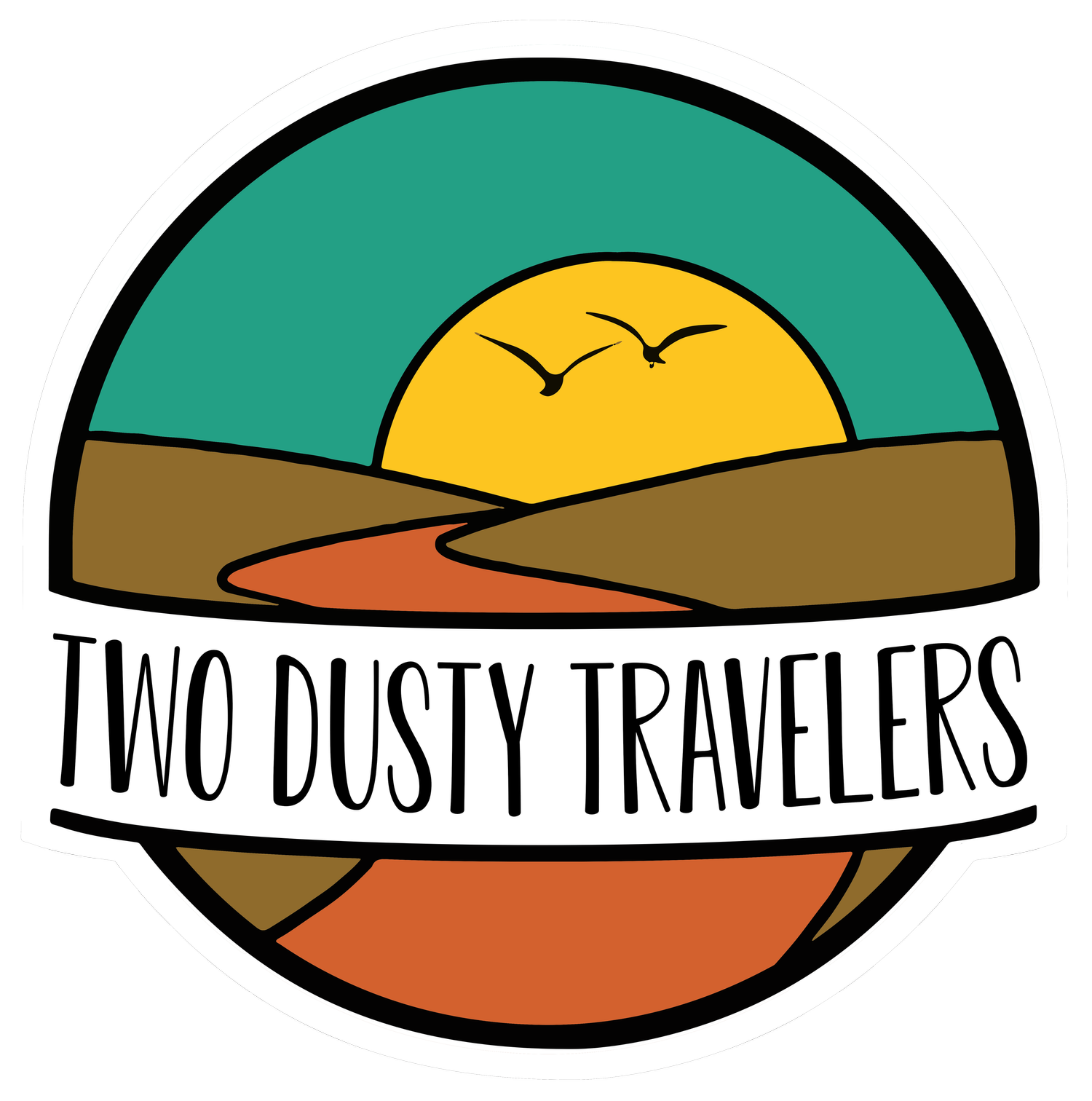Home and Healthy
Originally written March 23, 2015
As some of you already know, I arrived home in Seattle a few days ago. It is a bit earlier than I was planning on leaving Sierra Leone, which is deeply disappointing to me. Since one of our Partners in Health colleagues tested positive for Ebola, I’ve been pretty absent on this blog; while I have been writing a lot for myself as a way to process everything, the only experiences I can share with accuracy and fairness are my own.
I have never for a moment been cavalier about the work we were doing in Sierra Leone, but the true cost was suddenly brought into sharp, painful focus when our colleague’s test came back positive. Since no PIH clinician had contracted Ebola yet, it was easy to put the possibility in a back corner of my brain where it wouldn’t be examined too closely or often. Now, it takes up far more real estate in my head than it should. From venting with my colleagues, I know that most of them feel the same way.
For the first several days after our colleague fell ill, we were intensely aware of every sensation our bodies experienced – a mild, passing headache; an achy neck after a bumpy car ride; feeling tired in the middle of the day. I’m not a religious person, but I did something close to prayer when I went to the bathroom each morning hoping that what came out wouldn’t be diarrhea (sorry for the over-share!). If I thought too hard about the possibility, I’d get a moment of chest-tightening panic: Was this the first sign that I was getting sick, too?
My beloved oral thermometer kept my worries in check. I bought it at the drugstore before I left the states, choosing a bright orange one because it was a cheery color. I don’t think anyone has ever gotten so much use out of a thermometer in such a short period of time. Whenever my mind starts to spin, I pop it under my tongue, close one eye, and focus on the digital readout right in front of my nose. I watch the number tick up, slowing down as it reaches my body temperature. I can tell by how fast the numbers change that it’s going to be normal. Three little beeps tell me I officially don’t have a fever, and I can take a deep breath again.
Which is why I felt confident facing CDC questioning at immigration in Chicago – I had just checked my own temperature minutes before. I’d sucked down an impressive amount of water and done my best to sleep on the long flight. The last thing I wanted to tell the CDC interviewer was, “You know, now that you mention it, I do have a bit of a headache, feel pretty exhausted, and I’ve got all these aches in my joints…”
As it happened, my colleagues and I had more fun at immigration than we probably should have. Knowing we were nearing the end of a long journey and, for the first time in a while, had access to world-class healthcare should we need it probably made us all a little giddy. I scanned my passport at one of the kiosks and, along with the rest of my colleagues, was rewarded with a slip of paper with a big black X across it since I was coming from West Africa. The immigration officers checked our passports and handed us surgical masks to wear. We gathered in a small group of masked travelers watched over by an official, giggling about how alarming we probably looked to everyone else.
We were led to a few rows of chairs and asked to wait, as a CDC official behind a blue curtain called each of us in turn to be questioned about our exposure to Ebola. Friendly airport employees brought us juice boxes and granola bars, and thanked us for our work. Each time one of my friends was called to be interviewed, we could still see their silhouettes and hear them through the thin blue curtain; it looked comically like confession from our side, as though we would be asked to recount our sins of the past few weeks.
We had worried that coming back to the US so soon after an American clinician had contracted Ebola would be unusually difficult (see Kaci Hickox’s experience for reference). In reality the process was completely rational and simple. A CDC employee asked me a series of questions to determine my risk category, went over the process I’d adhere to for the next three weeks, and issued me my Ebola responder goody bag: a chart to record my temperatures and symptoms, a contact list, a card to carry in my wallet, and an illustrated list of Ebola symptoms (as though I might forget!). I even got a cell phone loaded with minutes and the CDC’s number so that Public Health can get in touch with me any time and vice versa. I’ll call it my burner phone and pretend I’m in the CIA.
Before I knew it, I was done. With no time to say a real goodbye to my friends as they were still being interviewed and I had to catch my connecting flight, I joined the everyday crowd of people navigating their way through the airport, none of them the wiser that I’d just returned from fighting Ebola in West Africa. Not that I’m any risk to them at all, of course. But I felt so defined by the experience I had just stepped out of, that it seemed to me that strangers would be able to take one look at me and somehow see it.
The reality is that I’m at no more risk than I was before all this happened. I was not exposed to our colleague after he was ill, and I am confident that I personally followed safety protocols as strictly as possible. There is no reason for me to be quarantined and no law requiring me to do so, as I explained before I left.
Public Health started counting my 21 days (the incubation period for the virus) when I arrived in the US, but on my own calendar I’ve marked my last shift in the Red Zone, and the last time I treated a confirmed Ebola patient, which was a few days before that. I’ll feel safe personally when I get three weeks out from those markers, although obviously I will continue to take my temperature and comply with Public Health for as long as I’m required to. I’ll do my best in the meantime to get back to normal life, although for me “normal” will be a tough bar to reach until everyone I served with is home and healthy.
Next post: Filling in the Blanks
Previous post: Update/Everything Changes
You Might Also Like:
This post contains affiliate links. This means that if you decide to make a purchase through any of the links we recommend, we get a small commission at absolutely no cost to you. This helps with the cost of keeping this site running – so thank you in advance for clicking through! And not to worry, we don’t recommend anything we don’t fully believe in or that doesn’t align with our values.











